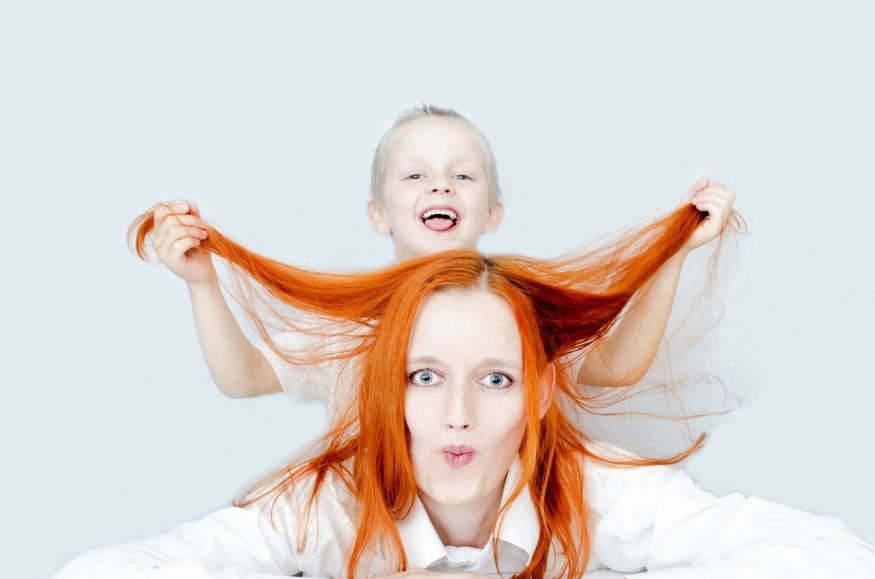Many parenting pieces of advice are found in books and online, and many of them could conflict with each other. One book may say that sleep training the baby will be beneficial, while another would say that it could be a bad idea.
More so, many of these parenting books or information are mostly based on anecdotal experience and personal belief, and only a part of them rely on scientific evidence.
Science writer Melinda Wenner Moyer reviews scientific studies and wrote her book titled How to Raise Kids Who Aren't Assholes to promote better parenting that helps parents raise generous, honest, and kind kids.

How to Raise Kids to Be Generous, Honest, and Kind
Scientific American interviewed Moyer on her new science-based parenting book for raising kids to be good citizens. Moyer said that her book aims to answer parenting questions with science-based explanations as she does not want to add to the burdens of parents or add judgment to them.
She recalls that she was often asked how to raise kids to be generous and kind. The research she came across said that it all stems from talking about feelings as it helps kids understand and deal with their feelings to understand others' feelings. This helps them to make decisions to help their friends and be more generous.
This technique is part of the theory of mind, which is about understanding how others would feel in certain situations. According to Very Well Mind, the theory of mind is an important social-cognitive skill that involves putting the self into other people's shoes. It refers to understanding people's thoughts and beliefs that may be different from one's thoughts and beliefs.
Raising Kids to Antiracist
Racism could take many forms and could happen in many places, according to Australian Human Rights Commission. Racism could include prejudice, discrimination, or hatred directed towards a certain group of people of color, ethnicity, or national origin.
Parents might think that not talking about the topic of race would not make their kids racist. But Moyer said in the interview that the opposite happens because even at a young age, kids notice the differences in the race in their community, and they are tuned in to social hierarchies.
She noted that kids are like little detectives trying to figure out how social categories work in the world and its reason. They could see that most American presidents are white and that many of their peers who have big houses are also white. They think of the simplest explanation for this and come up with the belief that certain races are better and smarter.
Moyer said that parents should correct these misconceptions as children are developing them. Talking to kids about it could be hard for some parents and takes practice. But these difficult conversations could help children to grow up antiracist.
Moyer also discusses other topics in her book, such as raising kids not to become a bully, the dangers of pressuring kids to be successful, and how parents could positively influence their kids.
RELATED ARTICLE: Parents Who Do These 5 Things Produce Successful Kids, According to Science
Check out more news and information on Parenting on Science Times.












